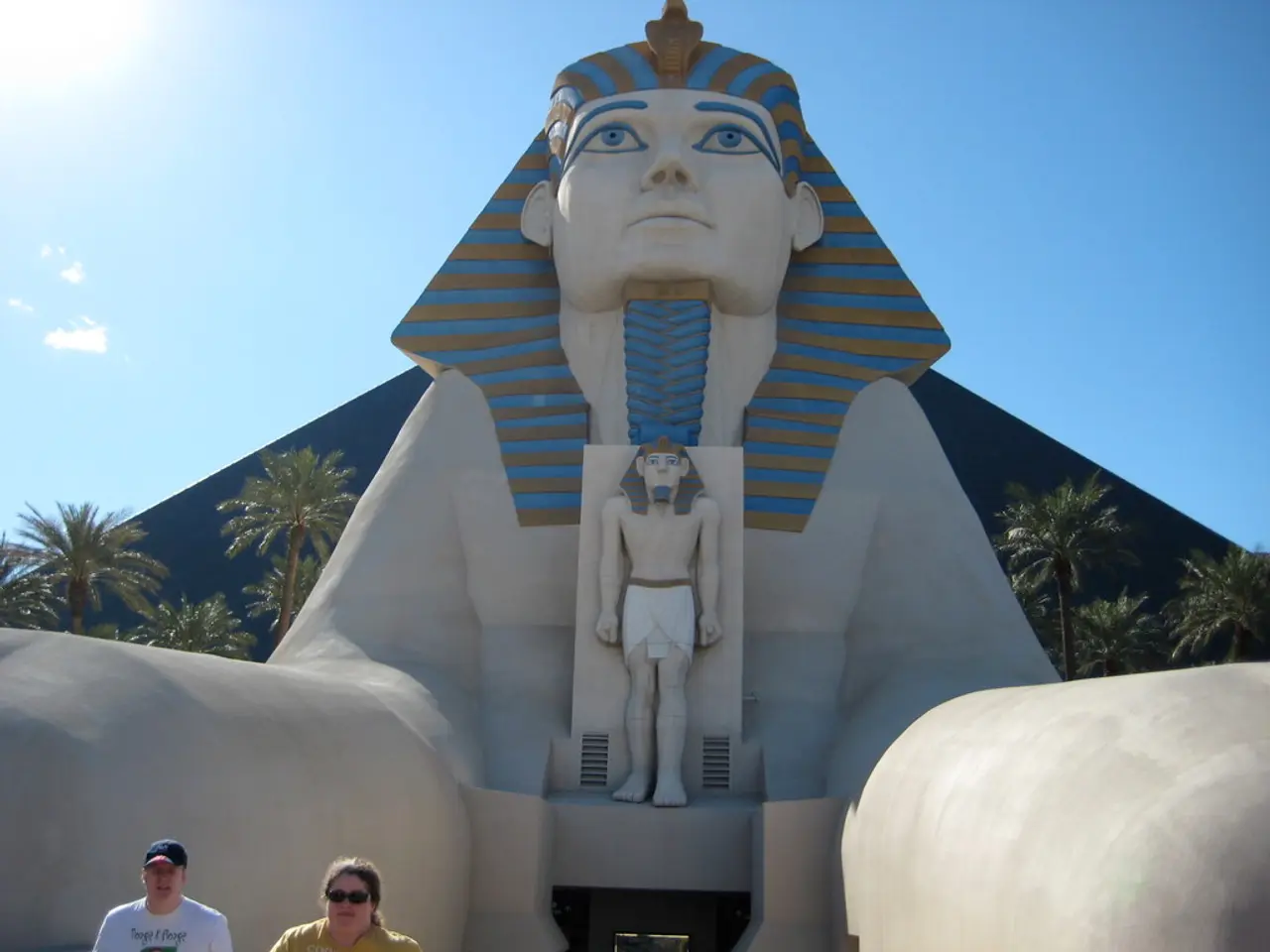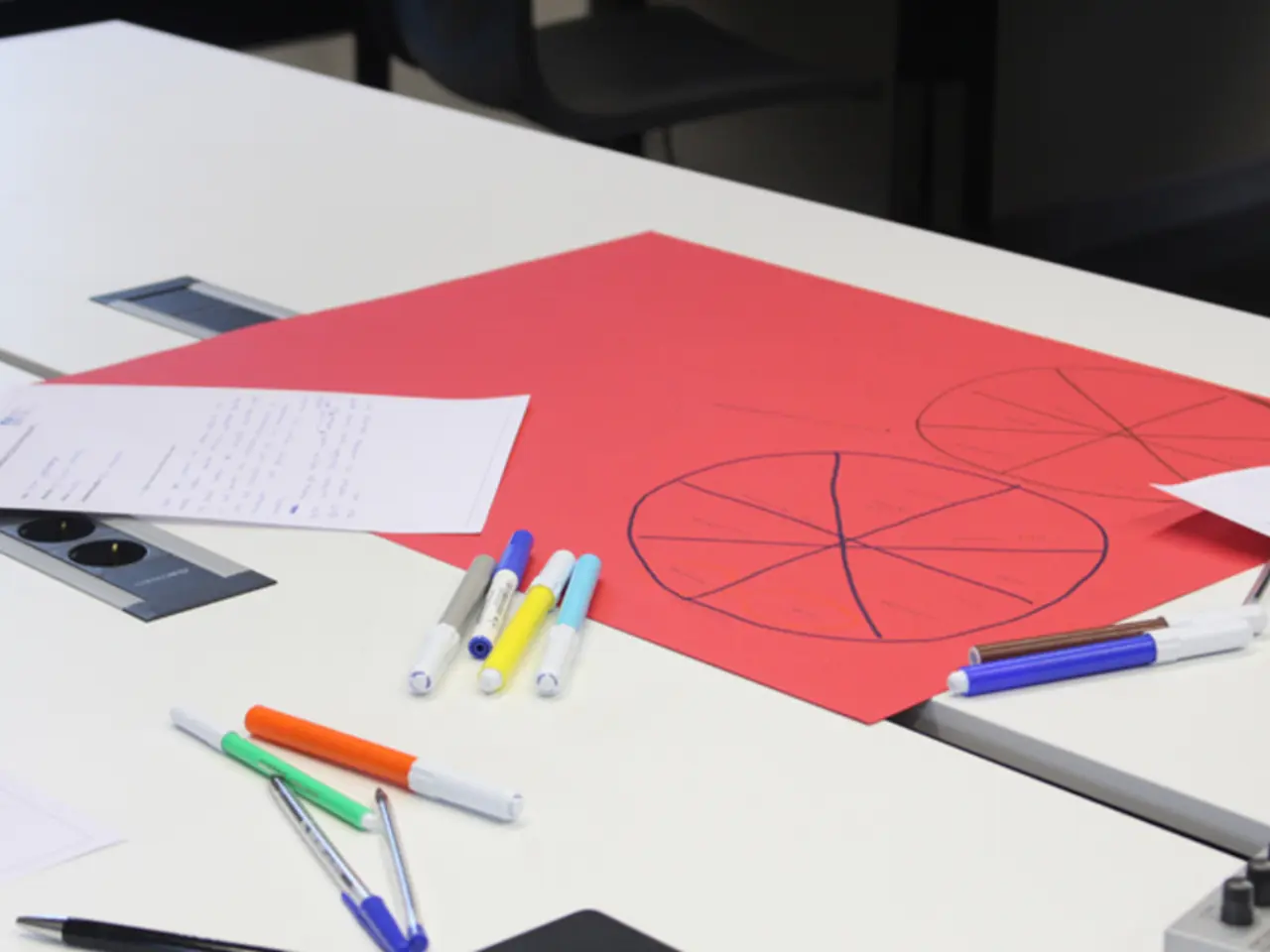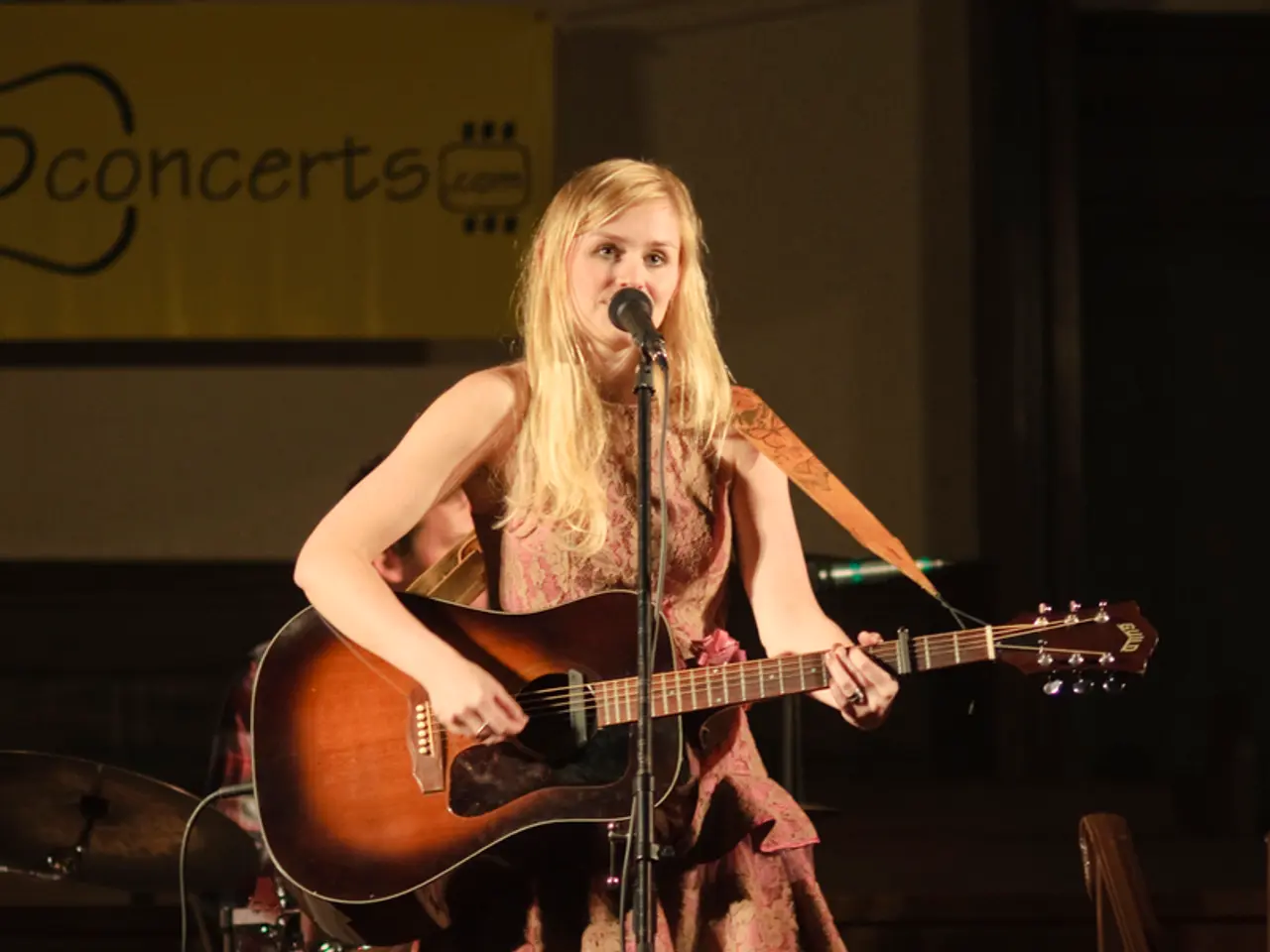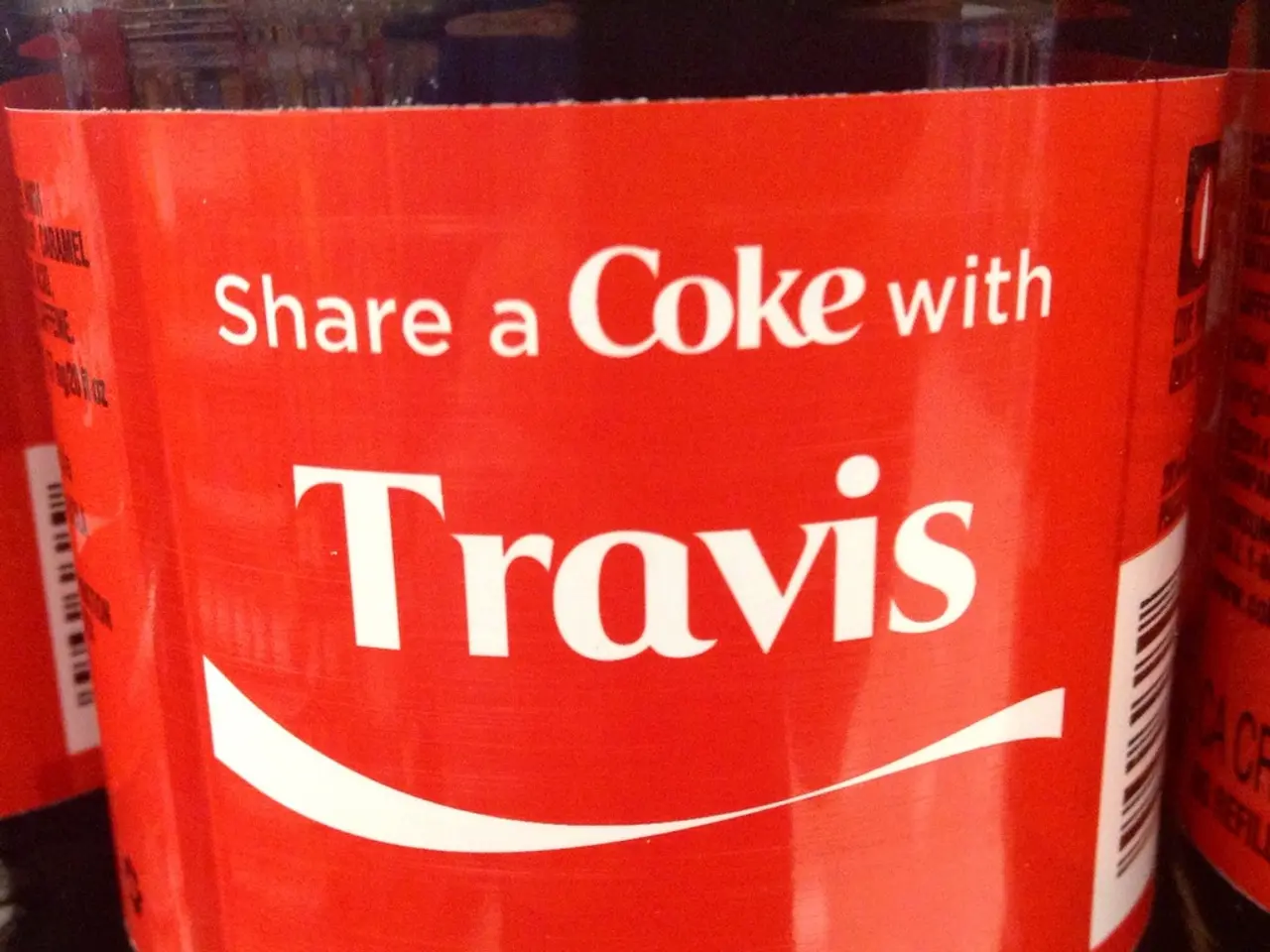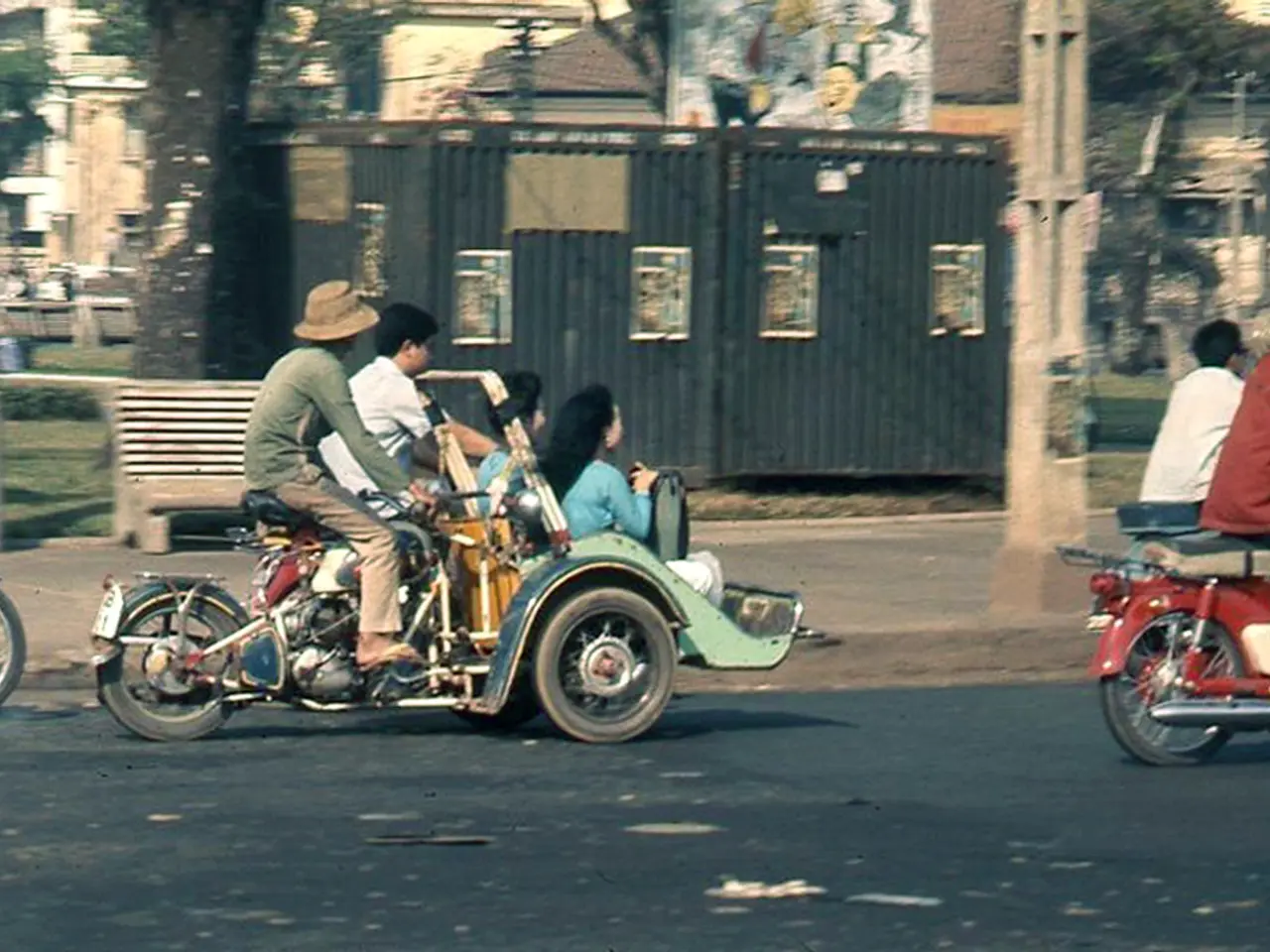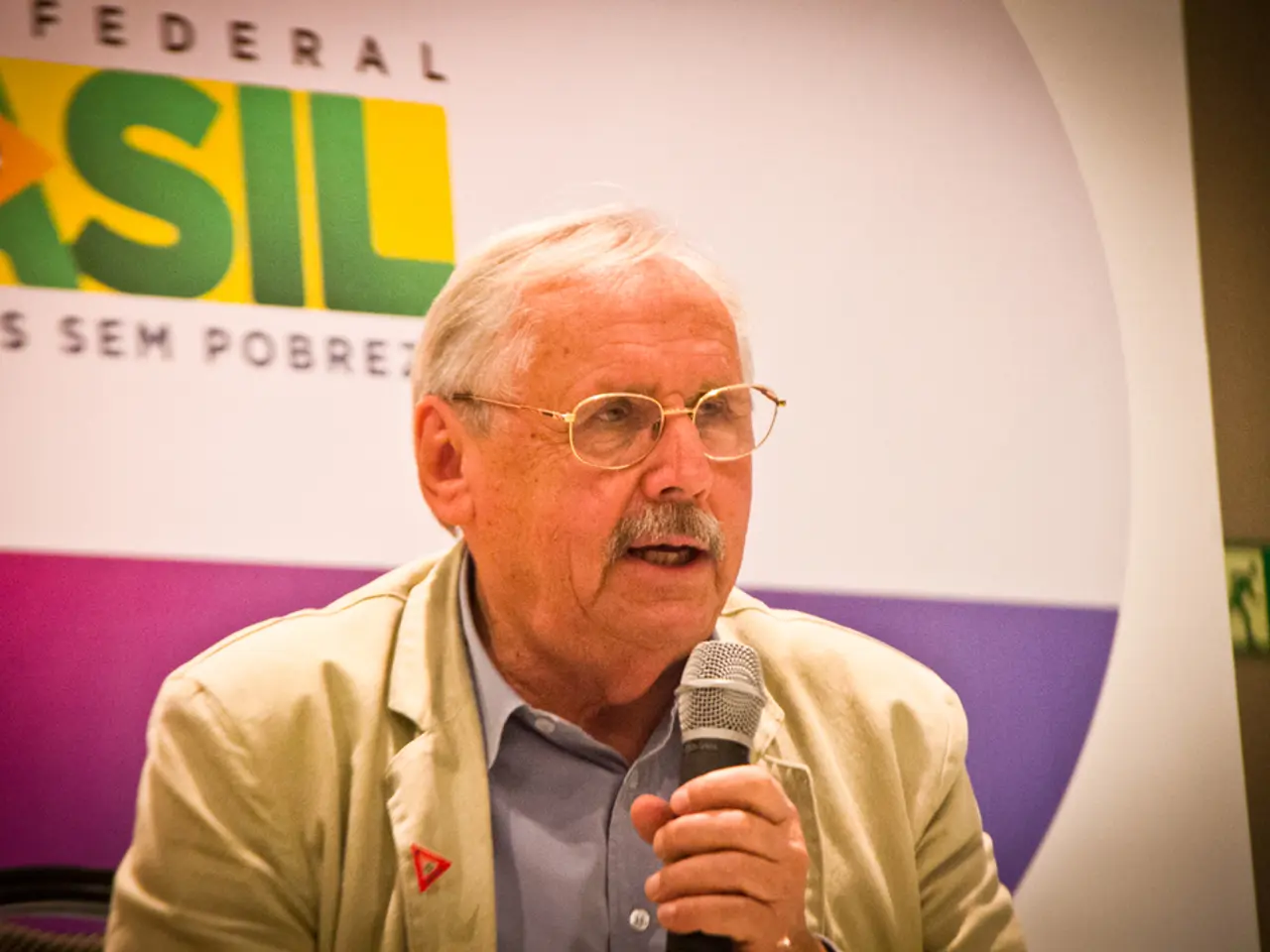'TikTok famous personalities in Egypt face wave of crackdown; numerous arrests, probes, and sensational accusations emerge'
In a series of recent arrests, several TikTok influencers in Egypt have found themselves in the eye of a storm, accused of spreading obscene content and violating family values. This crackdown, led by legal professionals, has been met with controversy and debate, highlighting concerns over freedom of expression and systemic moral policing online.
Mohamed Abdelaty Taha, a powerlifter and comedian with over 600,000 Instagram followers, was one of the first to be arrested. He was charged with producing content offensive to public decency and Egyptian values, following complaints about videos allegedly promoting indecent behavior and violating societal norms.
Another notable arrest was Suzy el-Ordoneya, an 18-year-old vlogger, who was detained following multiple reports. She was previously sentenced by a Juvenile Court to two years' imprisonment and fined about $6,200, with bail set at $2,070. El-Ordoneya's case has sparked public outcry, with many arguing that it represents a disproportionate targeting of women and marginalized groups.
Other arrested TikTokers include Alia Qamaron, Um Mekka, Um Sajda, Qamr al-Wekala, Modahm, and Shaker. Their content ranged from comedy sketches and lip-syncing to beauty product ads and daily life videos in working-class areas.
The specific charges frequently cited include violations of public morals and family values, use of obscene language, publishing videos deemed offensive or indecent, accusations linked to "endangering young people" or "misuse of social media," and suspicion over the source of wealth gained through content creation, implying possible illegal earnings.
This crackdown was preceded by complaints from lawyers and amplified by pro-government media and commentators who denounce the influencers’ content as harmful to society’s moral fabric. However, the Egyptian Interior Ministry has not publicly detailed all charges, leading to criticism over the vague nature of accusations and subjective definitions of "offensive content."
Human rights groups warn that marginalized groups and especially women are disproportionately targeted, raising serious concerns about freedom of expression. The operator of a page titled "President Mubarak's Daughter," who is already under arrest, is among those accused of making defamatory claims against Wafaa Amer. Amer has denied accusations linking her to organ trafficking.
The Egyptian authorities have also seized large sums of money in multiple currencies, drugs, electronic devices, and weapons during the raids. They have warned digital platforms to comply with Egyptian laws or face consequences. The Public Prosecution has launched a comprehensive investigation, and forensic analysis is underway on seized devices. Raids are continuing in Cairo and other governorates, with further arrests not ruled out.
The campaign has sparked widespread debate online, with rumors linking some influencers to alleged organ trafficking activities. However, it is important to note that these allegations have not been substantiated.
Members of Parliament, including Major-General Ali Al-Assas and MP Ahmed Badawi, have voiced strong support for the crackdown on social media influencers. The Ministry of Interior has emphasized it will continue to take firm legal action against anyone proven to be threatening social or moral order online.
In conclusion, the ongoing crackdown on TikTok influencers in Egypt has raised significant questions about freedom of expression, systemic moral policing, and the role of social media in shaping societal norms. As the investigation continues, it is crucial to ensure that any actions taken are based on clear, objective, and fair criteria, and that the rights of all individuals involved are protected.
References:
[1] Al-Ahram, 2021. Egypt arrests TikTok influencer over 'indecent content'
[2] Middle East Monitor, 2021. Egypt arrests TikTok star over 'immoral' content
[3] Human Rights Watch, 2021. Egypt: Arrest of TikTok Star Suzy el-Urdoniya a Concern
[4] Al Jazeera, 2021. Egyptian TikTok influencer arrested over 'indecent' content
[5] Reuters, 2021. Egypt arrests TikTok star Suzy el-Urdoniya over 'indecent' content
- The crackdown on TikTok influencers in Egypt, amidst a myriad of charges, has intertwined social-media newsworthy updates with crime-and-justice issues, as celebrities like Mohamed Abdelaty Taha, Suzy el-Ordoneya, and others find themselves embroiled in debates about societal morals, free expression, and systemic policing in entertainment content.
- As the general-news headlines continue to feature arrests of TikTok influencers for content deemed offensive or indecent, human-rights organizations warn of the disproportionate targeting of women, raising concerns about freedom of expression, while entertainment circuits remain fodder for debates on family values and moral policing online.
